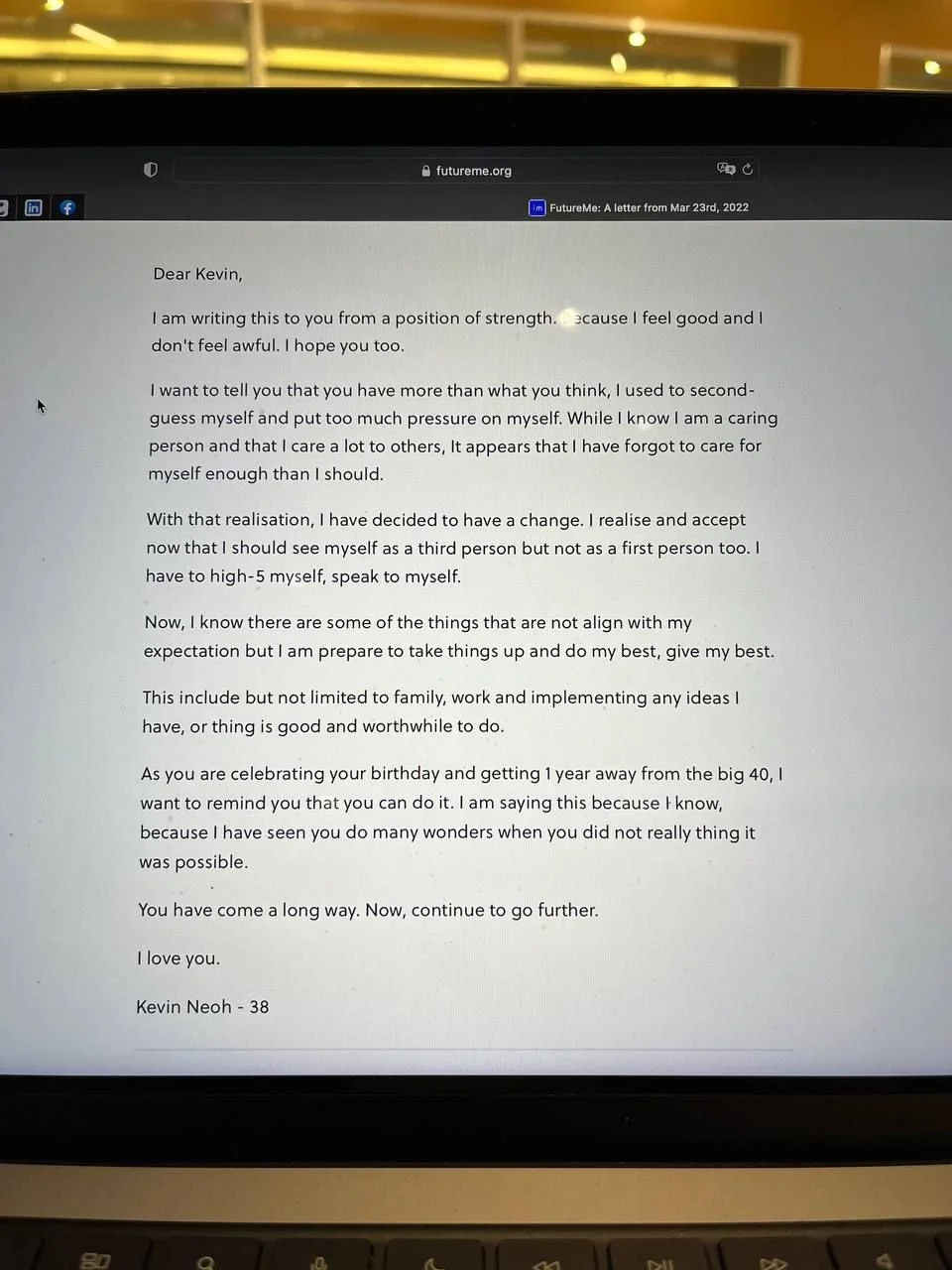Financial Advice is Expensive
Financial Advice is Expensive. Indeed. I couldn't agree more.
With permission, I want to share a story about a friend who had recently gone through a challenging situation.
About 3 years ago, my friend received a good sum of money from his separation package. Excited by the prospect of investing and growing his wealth, he started managing his finances on his own.
At first, things went well. He was making encouraging returns on his investments and felt confident in his abilities. Though what followed through was the unprecedented locked-downs and pandemic, he continued to get great results from his investments as certain stocks were going up during the beginning of MCOs. Boosted by his new found confidence, he moved more money from his account into health related and glove companies.
But then, the stock market experienced a reverse fortune, and certain sectors actually had a very sharp downturn in terms of share price. My friend's investment portfolio, which was heavily concentrated in a few glove stocks, suffered significant losses. For what is worth, the health care sector had a decline of 38.8% in 2021.
Despite these setbacks, my friend continued to manage his finances on his own, believing that he could turn things around. But as his financial situation worsened due to the economic fallout of the pandemic, he realized that he needed help. That's when we reconnected after 2 decades since secondary school.
After several discussions, he concluded that by putting almost all of his eggs in one basket, he was exposing himself to unnecessary risk. Together, we co-create a plan to restructure his portfolio and diversify his investments, which will help to mitigate the risk of relying on a particular sector or company too much.
Apart from this, we also put down:
A spending plan
Set up his cashflow management game plan.
Allocate a fixed sum to liquid investment for emergency purposes.
By reviewing his protection plans, we find redundancy and trim off a few.
Determined his Risk Profiles and Risk tolerance level.
Create an asset allocated portfolio based on his life goals and purposes for the different money.
Create an automatic transfer to move a fixed amount to a diversified global portfolio.
Today, my friend is in a much improved state financially. He's able to feel less anxious knowing he has put down a plan to secure his financial future.
If I were to learn anything from him in this experience, I would say that he has the big heart to acknowledge he needed help, and ask for help. He did not let his pride and ego drive him to continue to take matters to his own hand. It’s also very brave of him to say that he could have done things differently and really gathered the strength to do so.
Secondly, I would like to emphasize that investing in a diversified portfolio is not only safer, but it is also smart, and is essential for long-term financial success, and peace of mind.
Last but not least, we may hear that financial advice is expensive, but on the other hand, though I may come across as biased, I’d like to point out that not receiving qualified financial advice can be even more expensive. On the other hand, the value of advice can be immense. Even if you have some knowledge and experience managing your finances, knowing you are on-track and have our certain beliefs and blindspot challenged, can actually bring some zen vibes to life.
So, if you're ever in doubt about your relationship with money, just shoot me a message.





